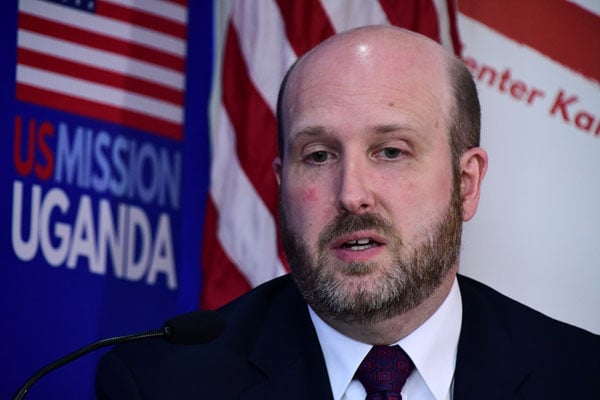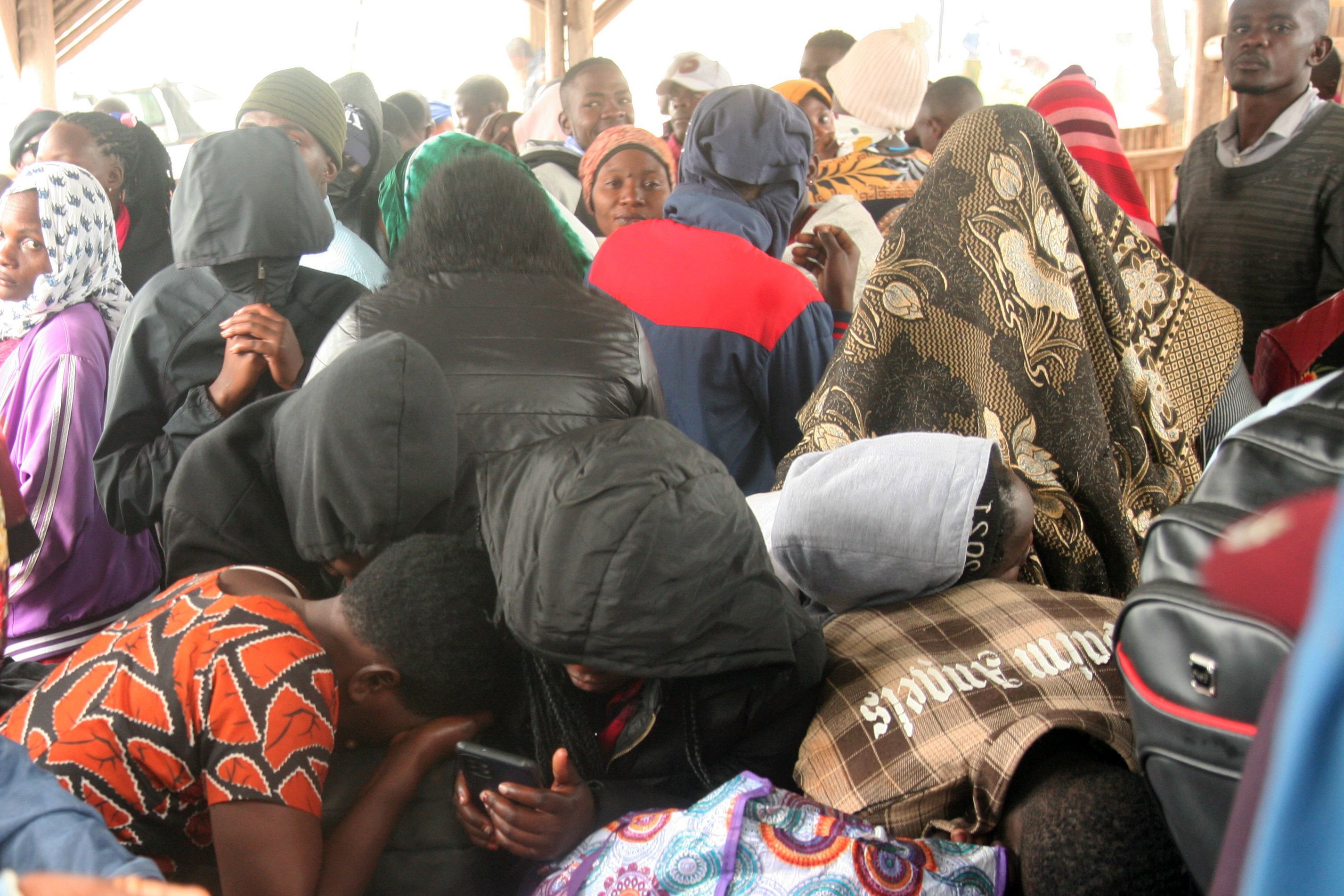Combating human trafficking is a fight best done together

William Popp
What you need to know:
- Human traffickers also exploit Ugandans abroad. Unscrupulous employment agencies based in Uganda recruit Ugandans to work in the Middle East where traffickers exploit them in forced labor...
Every year, the United States reaffirms the critical need to combat human trafficking.
Since the US Congress enacted the Trafficking Victims Protection Act (TVPA) of 2000, the US Department of State annually compiles an assessment of efforts to combat trafficking in 188 countries and territories – including the United States. Although there has been progress in combating this scourge worldwide, far too many people still suffer exploitation and violations of their human rights at the hands of human traffickers.
In Uganda, trafficking victims come from diverse geographic locations and socioeconomic backgrounds, but all need support to recover. The United States is proud to contribute to that support in Uganda.
Contrary to common belief, nearly all Ugandan victims – 97 percent— are subjected to human trafficking within Uganda by Ugandans. Nearly 70 percent of trafficking cases involved female victims under the age of 18.
Local labour recruiters, both licensed and fraudulent, use radio and social media campaigns to recruit children and young adults from rural and border areas for work in urban areas in domestic work and the hospitality, construction, agricultural, and fishing sectors. While prosecutions for these heinous acts increased in 2023, more needs to be done to eliminate the crime altogether.
Human traffickers also exploit Ugandans abroad. Unscrupulous employment agencies based in Uganda recruit Ugandans to work in the Middle East where traffickers exploit them in forced labor in domestic servitude, hospitality, or construction.
Recent reports also found labour recruiters based in Kenya and Tanzania exploit Ugandan women in sex trafficking and forced labour syndicates. We know that terrorist groups like al-Shabaab and the Allied Democratic Forces lure adults and children to join their armed groups with promises of lucrative employment only to exploit them in organized sex trafficking operations or forced labour.
Fortunately, there are things we can do and are doing to stop human trafficking.
With prior US funding, the Human Trafficking Institute (HTI) supported the Uganda Police Force and the Office of Directorate of Public Prosecutions to increase human trafficking prosecutions over 600 percent since 2019.
The number of individuals convicted annually in Uganda increased from 11 in 2019 to 146 in 2023. In the same time frame, the number of HTI staff grew from 4 to 28, and they also established Regional Response Teams throughout Uganda to better support investigations and prosecutions. Increased media coverage on human trafficking cases has also helped identify perpetrators.
While the rise in arrests, prosecutions, and victims supported throughout Uganda is progress, there is more to do to support prosecution, protection, and prevention.
Increased funding and support to shelters and prosecution and investigation efforts, increased assistance to Ugandan trafficking victims abroad, enforcement of strong regulations and oversight on labor recruitment companies, and enactment of witness protection legislation that implements a formalised victim-witness support program are all important steps that could make a difference. Progress on each of these items would further protect victims while ensuring traffickers face consequences.
Finally, everyone has the potential to discover and report a human trafficking crime to the Uganda Police (Toll Free Number 0800199195 or Child Helpline 116).
Together, we can protect our loved ones and our communities from the horrors of human trafficking.
William W. Popp, U.S. Ambassador to Uganda.




